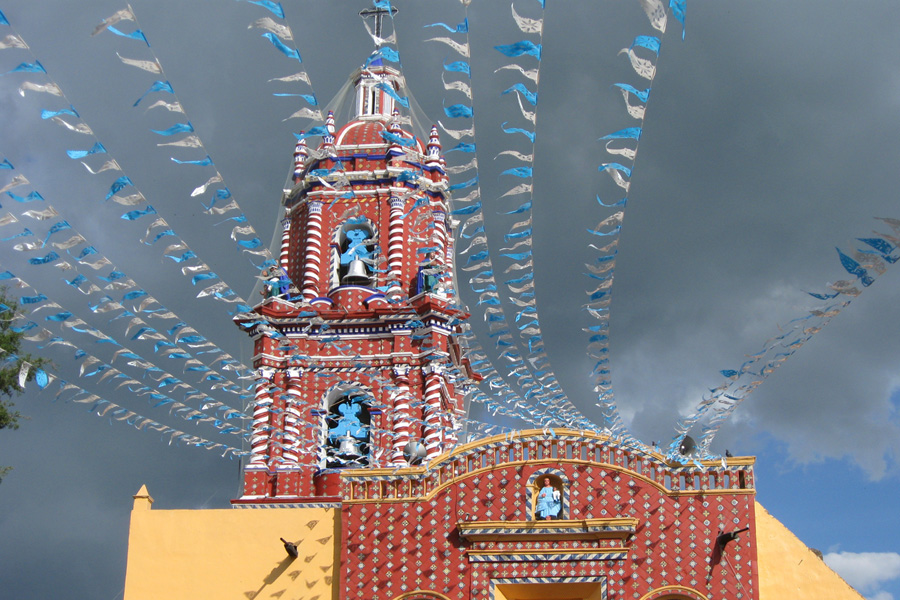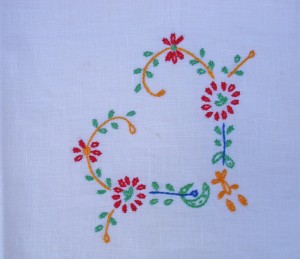 The Centre for Research in Anthropology (CRIA) is an interuniversity R&D unit founded in 2007 and hosted by four Portuguese universities (ISCTE-IUL, NOVA FCSH, University of Coimbra and University of Minho) that was accredited consultant NGO for the UNESCO Convention for the Safeguarding of ICH in 2012 and integrated the WG for ICH of the Portuguese National Commission of UNESCO in 2014.
The Centre for Research in Anthropology (CRIA) is an interuniversity R&D unit founded in 2007 and hosted by four Portuguese universities (ISCTE-IUL, NOVA FCSH, University of Coimbra and University of Minho) that was accredited consultant NGO for the UNESCO Convention for the Safeguarding of ICH in 2012 and integrated the WG for ICH of the Portuguese National Commission of UNESCO in 2014.
It gathers around 200 researchers encouraged to develop interdisciplinary and comparative fundamental and applied research in four major areas of expertise: Circulation and Place-making; Environment, Sustainability and Ethnography; Governance, Policies and Livelihoods; Practices and Politics of Culture. Anthropology has become a vital instrument to critically understand social and cultural dynamics of today’s shifting and conflict-ridden world. One particular field of work and expertise of CRIA researchers in the ICH and its expressions both in the national territory, in other parts of the world, and crisscrossing them. In the scope of ICH safeguard, CRIA and its members contribute to its conceptual advancement through theoretical and ethnographic researches on (a) the uses and practices of culture, (b) the commodification of culture, (c) museums and festivals in the process of objectification of culture, (d) the construction of tourist sites as destination, and (e) the circulation and rescaling of cultural forms.
 Emerging fields of research are ethnologies of heritage, communities in transit and portable heritages, collecting practices of artifacts, human and non-human collections, the relation between performance, media and artistic practices, and the aestheticization of heritage and creative industries. Along with its research curriculum, CRIA is acknowledged within and outside the academia for its significant track record in: a) DISSEMINATION OF ICH, through the organization of conferences, contributions to the media, curatorship of exhibitions and of visual, documental and material archives, among other initiatives and events. b) INSTITUTIONAL COOPERATION, with communities and national, municipal, private and non-governmental organizations in action for the study, promotion and safeguard of ICH, including direct involvement in nominations for the national inventory. c) FOSTERING OF CAPACITY-BUILDING, awareness-raising through educational activities and advanced training actions for young scholars, stakeholders, and the general public concerned with ICH safeguard. Cornerstones of CRIA’s engagement in different measures for safeguarding ICH are: (a) CRIA’s governmental consultancy for ICH regimentation. (b) CRIA’s role as adviser for national scientific agenda on heritage matters. (c) CRIA’s coordination of the Doctoral Program “Anthropology: Politics and Displays of Culture and Museology” hold at NOVA FCSH and ISCTE-IUL in association with other R&D units – INET and IELT – which has had three past editions (2013, 2015, 2018) with 8 grants per edition funded by the national agency for science (FCT).
Emerging fields of research are ethnologies of heritage, communities in transit and portable heritages, collecting practices of artifacts, human and non-human collections, the relation between performance, media and artistic practices, and the aestheticization of heritage and creative industries. Along with its research curriculum, CRIA is acknowledged within and outside the academia for its significant track record in: a) DISSEMINATION OF ICH, through the organization of conferences, contributions to the media, curatorship of exhibitions and of visual, documental and material archives, among other initiatives and events. b) INSTITUTIONAL COOPERATION, with communities and national, municipal, private and non-governmental organizations in action for the study, promotion and safeguard of ICH, including direct involvement in nominations for the national inventory. c) FOSTERING OF CAPACITY-BUILDING, awareness-raising through educational activities and advanced training actions for young scholars, stakeholders, and the general public concerned with ICH safeguard. Cornerstones of CRIA’s engagement in different measures for safeguarding ICH are: (a) CRIA’s governmental consultancy for ICH regimentation. (b) CRIA’s role as adviser for national scientific agenda on heritage matters. (c) CRIA’s coordination of the Doctoral Program “Anthropology: Politics and Displays of Culture and Museology” hold at NOVA FCSH and ISCTE-IUL in association with other R&D units – INET and IELT – which has had three past editions (2013, 2015, 2018) with 8 grants per edition funded by the national agency for science (FCT).
Year of accreditation: 2012
Main domain(s) of the ngo’s activities: oral traditions and expressions, performing arts, social practices, rituals and festive events, knowledge and practices concerning nature and the universe, traditional craftsmanship
Main country where the NGO works: Portugal, other European countries, Portuguese speaking countries (Angola, Brazil, Cape Vert, East Timor, Guinea-Bissau, Mozambique) and India, China (Macao), USA, Canada, Morocco and Mauritania.
Local, national or international level of the NGO: Local, National, International

